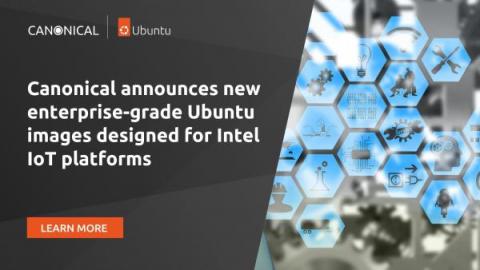Open source in financial services - start with a strong foundation
Financial Institutions (FIs) need to respond with agility and business velocity to keep pace with changing economic conditions. Yet, emerging competition from fintechs and challenger banks and increasing customer expectations is making this task difficult, especially as regulatory and compliance requirements increase. Embracing the next phase of digital transformation is an imperative for financial institutions to sustain and grow in a competitive environment of rising cost pressures.











